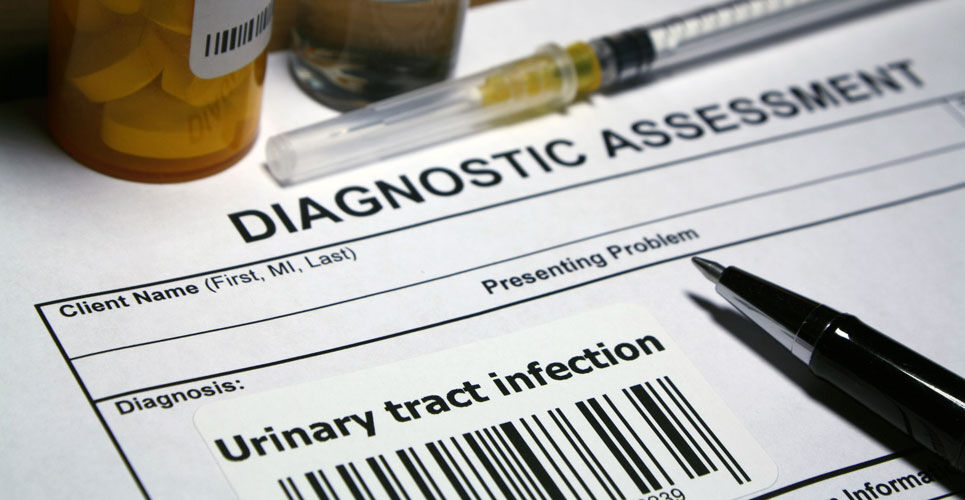Gepotidacin is a novel, first-in-class antibiotic and is non-inferior to nitrofurantoin in women with uncomplicated urinary tract infections
Urinary tract infections (UTI’s) have a lifetime incidence of 50-60% in adult women. While commonly managed with antibiotics, UTI’s often recur in 16% of women. Most uncomplicated UTIs are due to infection with Escherichia coli but recent data indicates antimicrobial resistance is on the increase.
In a recent press release by GSK, its novel and investigational, first-in-class, antibiotic, gepotidacin (GD) was non-inferior to nitrofurantoin in two phase III trials in women with an uncomplicated UTI (uUTI). The drug inhibits bacterial DNA replication by blocking two essential topoisomerase enzymes. As a result, mutations in both enzymes would be needed for resistance to occur. While GD appears effective in uncomplicated UTI’s according to a phase 2 trial, there is a current lack of phase 3 studies.
The press release describes the findings from two near identical, randomised, double-blind studies, EAGLE-2 and EAGLE-3. Both involved women and adolescents with an uUTI and had nitrofurantoin (100mg twice daily) as an active comparator. The primary efficacy endpoint was therapeutic success (TS) which was a combination of clinical and microbiological success. GD was given at a dose of 1,500 mg twice daily for 5 days. Participant assessment took place 10 – 13 days after initiation of treatment.
Gepotidacin and therapeutic success
In EAGLE-2 the TC was 50.6% with gepotidacin and 47% with nitrofurantoin. In EAGLE-3, a higher proportion of participants receiving gepotidacin achieved a TS (58.5% vs 43.6%). Furthermore, across both trials, 94% of gepotidacin patients did not receive an additional antibiotic for their uUTI through to the follow-up visit on day 28. The clinical cure rates were similar for gepotidacin and nitrofurantoin in both trials. However, the microbiological cure rate was higher with gepotidacin in EAGLE-3 (72.2% vs 57.2%).
The safety and tolerability profile of gepotidacin in the EAGLE-2 and EAGLE-3 phase III trials was consistent with previous trials of gepotidacin.
GSK expects to submit data to the FDA in the second quarter of 2023.

